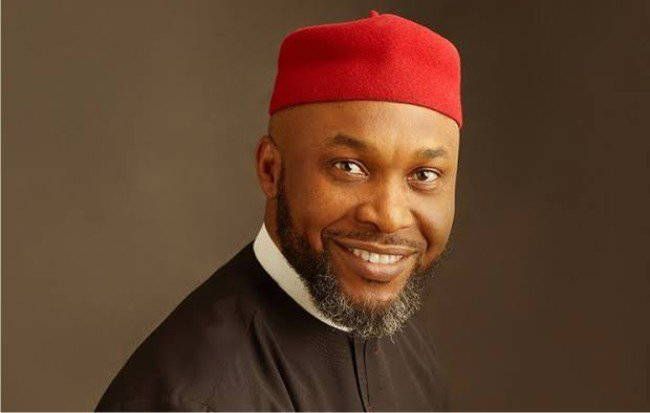Former Minister of Aviation, Osita Chidoka, has delivered a scathing critique of African leadership, describing it as disconnected from the grassroots and fundamentally flawed in both formation and function.
Speaking in Awka during his induction as a Rotarian by unanimous acclaim into District 9142, and as Chancellor of the Athena Centre, Chidoka delivered a lecture titled “The Reparative of Transformational Leadership in Africa.” He called for a complete reimagining of leadership and governance across the continent.
“Across Africa, we suffer not just from poor governance but from a failure of leadership formation,” Chidoka declared. “We keep expecting transformational outcomes from individuals shaped by broken systems.”
He questioned the legitimacy of leaders molded by structures that reward exclusion and personal loyalty over public service.
“How can they offer equity when they were raised on exclusion? How can they deliver fairness when their rise comes through favours? How can they pursue the public good when loyalty is owed not to the people but to power?”
Chidoka traced Africa’s governance crisis back to colonialism, arguing that post-independence leaders have continued to operate within a framework designed for exploitation.
“We inherited from colonialism the machinery of domination—a state built to extract, not to serve. And too often, we merely repainted its surface without rebuilding its soul.”
He noted that Africa is at a crossroads, chasing symbols of development—highways, skyscrapers, oil refineries—while neglecting the moral and institutional bedrock of society.
“We have built states without societies, governments without guardianship, economies without inclusion, and cities without citizens,” he said.
To address this foundational crisis, Chidoka introduced what he called the FCC Vision—a leadership framework rooted in Family, Community, and Country.
He emphasized the family as the first arena of leadership formation:
“The family is the first institution where power is introduced, values transmitted, and moral compasses set—or shattered. Too many leaders were broken at home before they ever assumed office. If Africa must rise, the family must be restored as a moral leadership school.”
On the role of communities, he said:
“Communities are more than clusters of homes or spaces defined by ethnicity, religion, or patronage. They are where shared values, mutual support, and collective aspirations come to life. Communities are the bridge between individuals and society.”
He praised Rotary International as an example of such a community:
“Rotary is bound by the shared value of ‘Service Above Self.’ It is a moral compass in action.”
Chidoka concluded that countries must go beyond geographical boundaries to become moral communities.
“A country is a geographical idea; a nation is a shared moral contract. Nigeria’s motto—Unity and Faith, Peace and Progress—is hollow without equity, justice, and truth.”
“Family, Community, and Country are not isolated ideas,” he added. “They form a chain of influence. A strong family raises a principled citizen. A strong community nurtures and tests that citizen. A just country gives them the platform to lead. Transformation does not begin at the top; it begins at the dinner table.”
In his remarks, District Governor Professor A. U. Nnonyelu hailed Chidoka’s message and leadership credentials.
“Today, we witnessed the embodiment of our creed—Service Above Self. Osita Chidoka has not only spoken truth to power; he has spoken power to service. His induction is not just honorary but a historic call to serve,” Nnonyelu said.
Chidoka closed his lecture with a reflection on the moral strength of civil society:
“Rotary succeeds where governments fail because it is founded on empathy, equity, and shared purpose. Africa—through our families, communities, and countries—must return to those principles.”
















